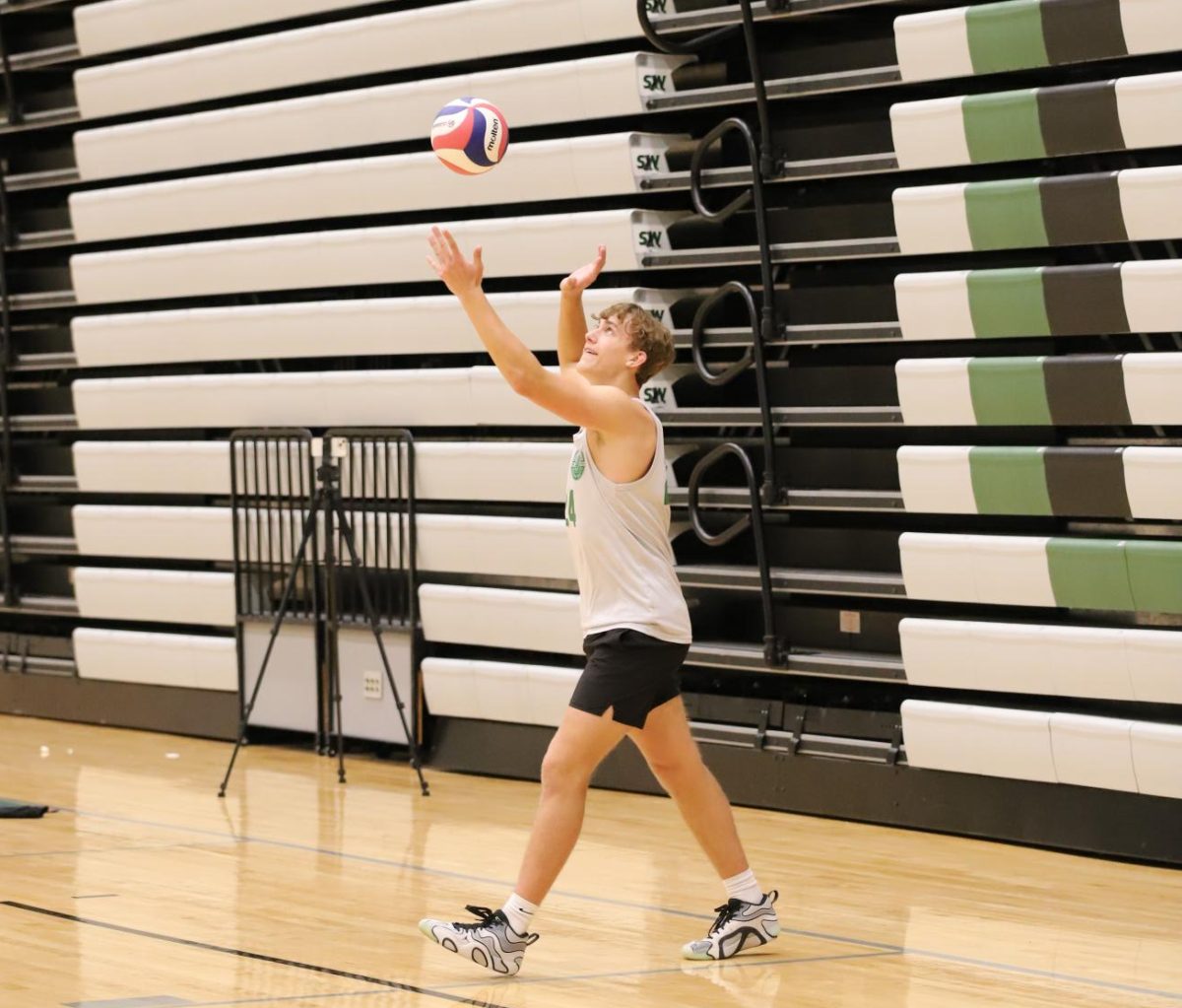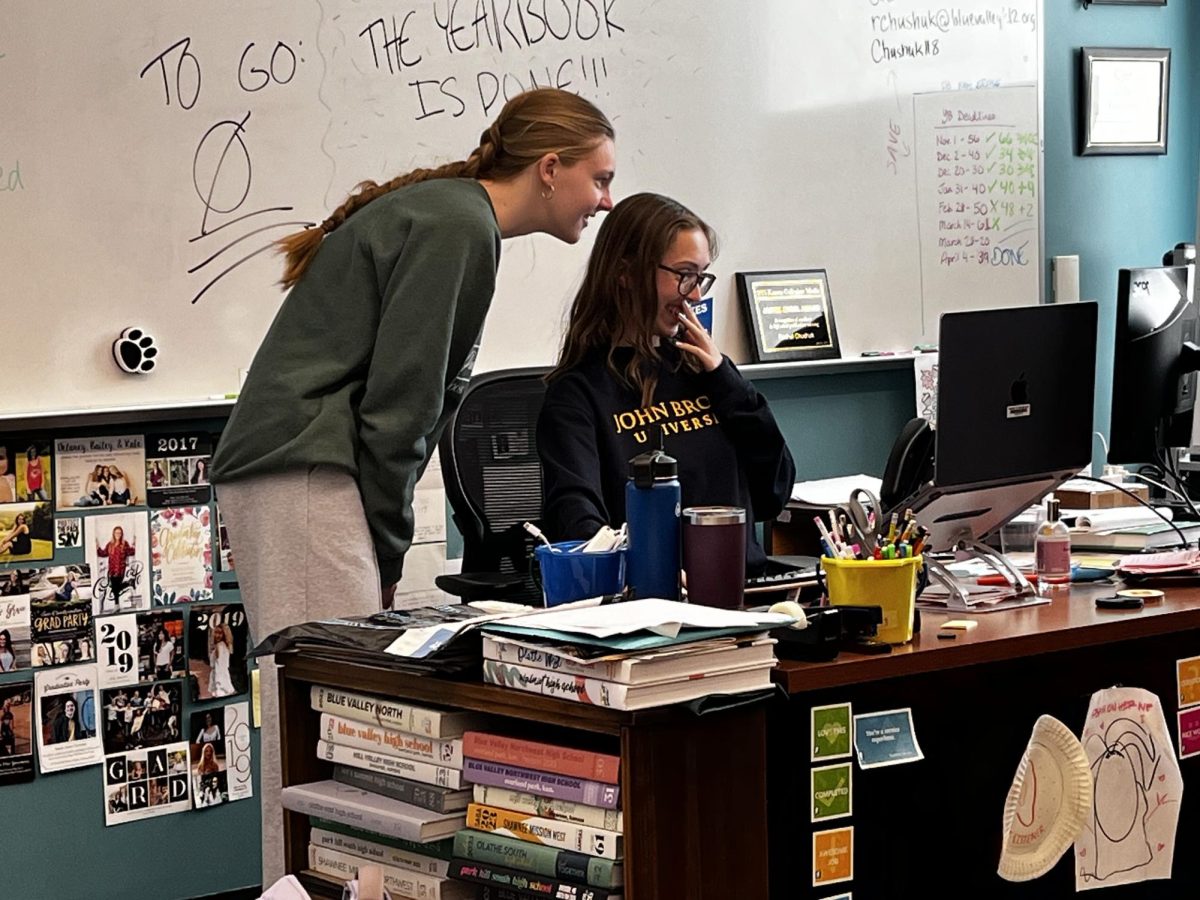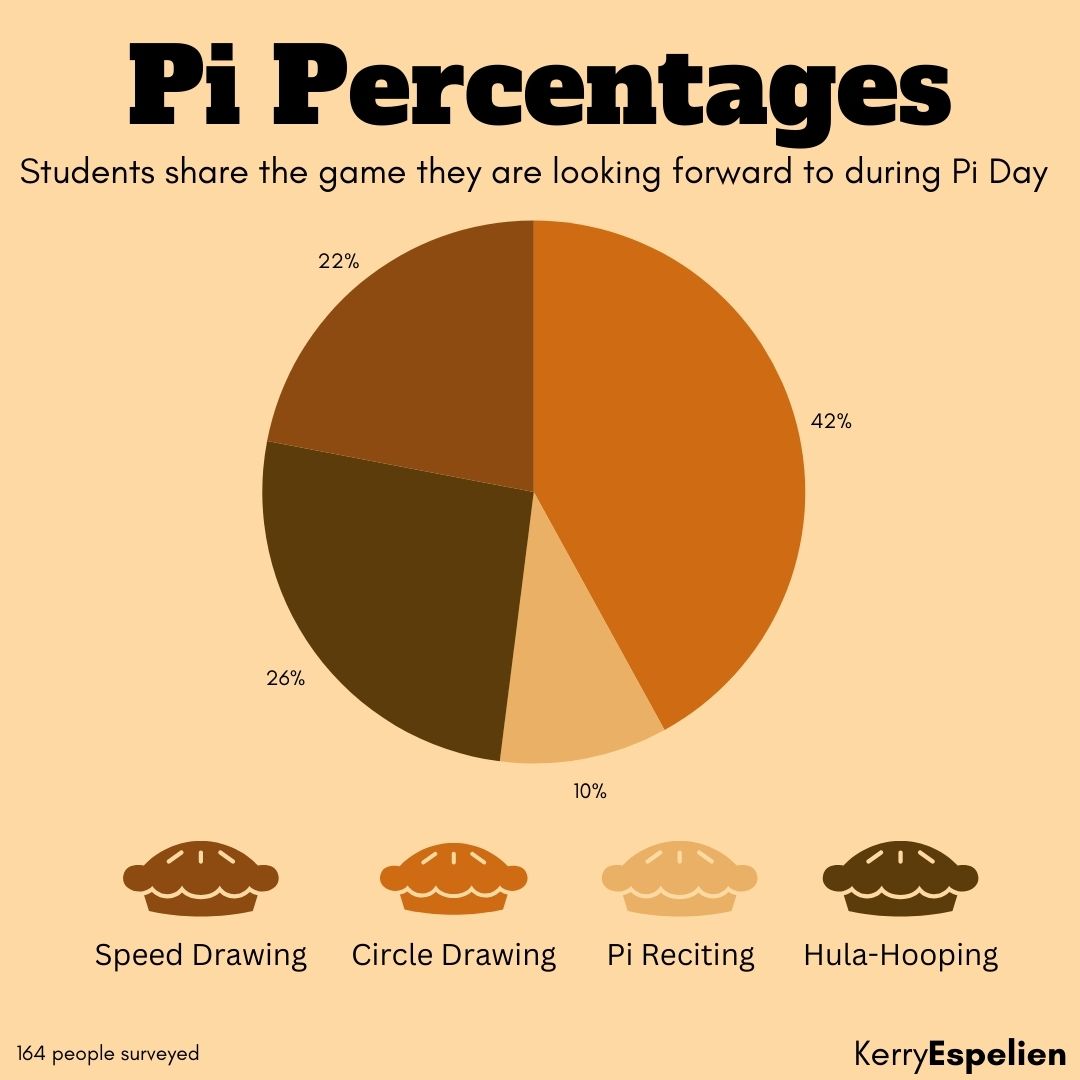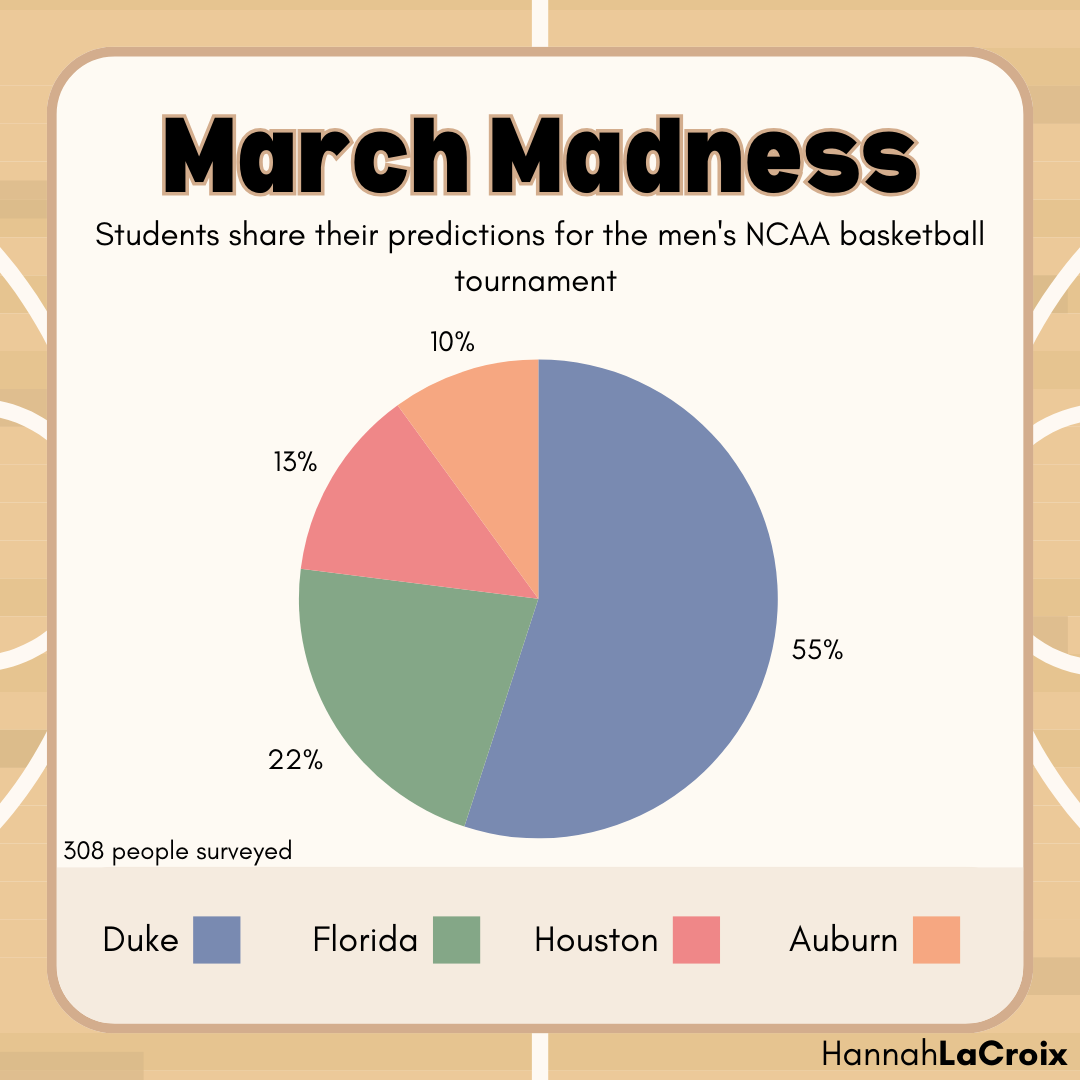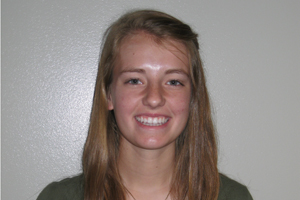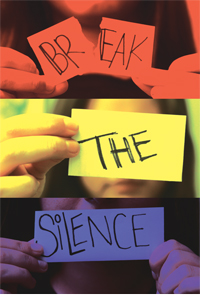
Until this year, there was not a Gay Straight Alliance [GSA] at Southwest. Previously, graduate Gabrielle Hespe had put together a group that worked with Blue Valley High School’s GSA, but this year marks the first time the club has had meetings here and a sponsor, counselor Kevin Halfmann.
“We couldn’t ever get an organization piece of it, so going along with someone else who already had it established was an easier way to do that,” junior co-leader Alex Peuser said.
Peuser’s hope is with him and his co-leader, junior Emmalee Herrick, establishing the club and running it for two years, that the underclassmen will be able to keep the momentum of GSA going. GSA’s around the school district have struggled to maintain after the graduation of the 2012 senior class because of how heavily involved they were.
While both Peuser and Herrick have had leadership experience, they have found it is sometimes difficult to express their meaning.
“What we want to do is such a touchy and controversial topic,” Peuser said. “While it shouldn’t be, we cannot change everything. We do face the challenge of presenting our ideas and stances to people in a way that is neutral and isn’t too ‘in your face.’”
To accompany the difficulty of the club spreading its message in an unbiased way comes the most common myth: that one must be gay to join.
“It’s just getting the word out,” junior Bailey Barnhart said. “You don’t have to be gay in the Gay Straight Alliance. They hear ‘gay’ and feel like they’d be judged by other people. If you just want to learn about what it is or how they deal with circumstances or to support them. It’s not just for people who are gay.”
Club members meet the first and third Tuesday every month at 7 a.m. Anyone is welcome to attend.
“The main goal is to be a safe place for anyone that needs it,” Peuser said. “That means anyone. [We] talk about current events and issues as well as try to work on awareness of what all of this means, and get a stable amount of people to come.”
Another aspect of the organization is a trust factor. Students are not required to talk, but if they do, what they say will not be shared.
“We accept everybody and you can come in and you don’t have to say a word,” Barnhart said. “We have a mentality of what happens in the room, stays in the room. We want people to feel that they can come talk to us. They can have their questions answered by people who have been through what they are going through even if they aren’t ready to come out to the rest of the student body of even their family. They could just be questioning because the LGBTQ society is a relatively new concept to a surprising number of people.”
After witnessing first-hand how words and bullies can impact someone because he or she is different, Halfmann thought it was important to sponsor a club such as GSA.
“In my mind, every human being is who they are,” Halfmann said. “[It’s] not by choice. It’s based on biology. To think otherwise is failing to understand science.”
On top of the club’s participation in the Day of Silence and forms of social activism, it stands for self-acceptance.
“One of my biggest fears was knowing I was different and that might not be okay,” Peuser said. “I had the great luxury of my cousin going here [Southwest]. I know for some people, coming into high school, or being different in general, isn’t something they can do themselves. It’s important for us to be here and help people.”


